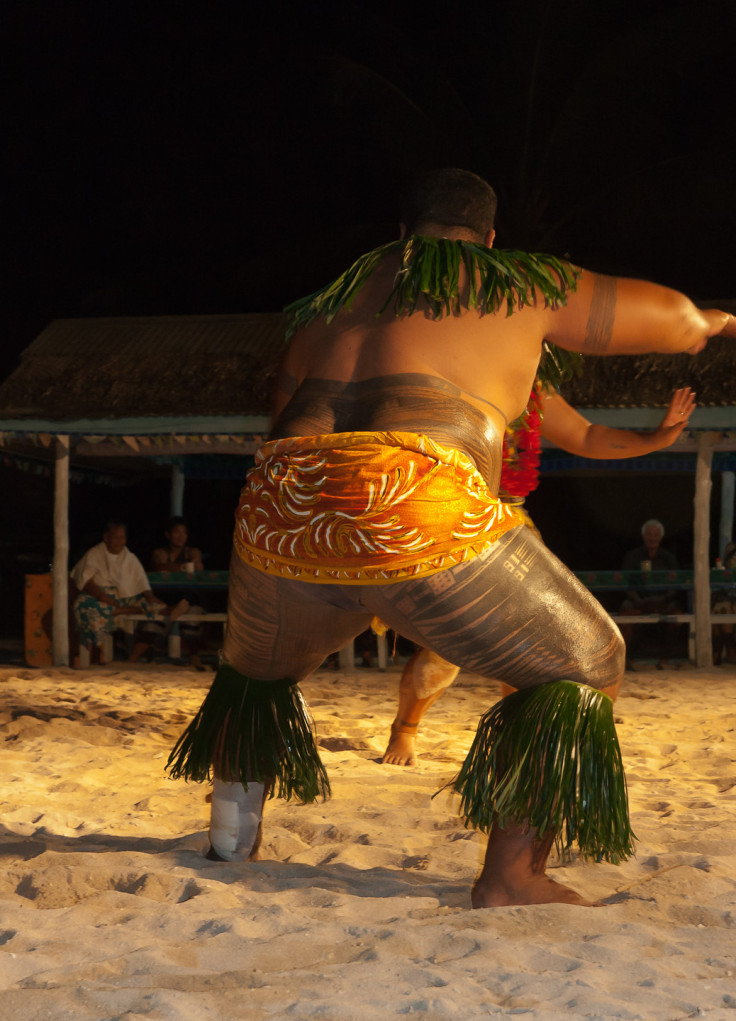'Thrifty' gene mutation that boosts fast storage fuels Samoa obesity problem
Scientists suggest natural selection favoured first Samoans who could store fat effectively.

A 'thrifty' gene mutation that boosts fat storage may be the reason Samoa is one of the fattest countries in the world. Researchers say that when the first people arrived in Samoa, natural selection favoured those who could store more fat because of food insecurity issue. However, our modern lifestyles and diets now means this gene has a detrimental effect, leading to soaring rates of obesity and the health problems that go with it.
At present, Samoa is the sixth fattest nation on Earth. In 2010, 80% of men and 91% of women were overweight or obese. In a study published in the journal Nature Genetics, an international team of researchers analysed the genomes of over 3,000 Samoans to identify genetic variants linked with obesity.
Their findings showed a mutation in the gene CREBRF that has been linked to having an increased BMI (body mass index). This mutation is associated with a 35% increase in the chance of being obese. The gene makes people better at storing fat while also using less energy – hence it being dubbed a 'thrifty' gene.
Researchers showed this mutation is very common among Samoans. Around 45% have either one or two copies of it. This is far more than in other populations, where the mutation is very rare.
Samoa has been populated by humans for at least 3,000 years, having arrived there by boat from a neighbouring land (the origin of the first Samoans is currently being debated). After this, they remained relatively isolated, meaning modern populations have lower levels of genetic variability than larger, mainland nations.
The authors believe the journey to Samoa and the nation's formative years would have been marked by food scarcity. As a result, people who could store fat and use less energy would have fared better – making them more likely to have children and pass on their genes.
However, the arrival of cars, high-calorie foods and more sedentary lifestyles now means the gene is having an adverse effect, making Samoans more prone to obesity. "Samoans weren't obese 200 years ago," said corresponding author Stephen McGarvey. "The gene hasn't changed that rapidly — it's the nutritional environment that changed that rapidly."
He said the discovery of the gene does not mean all Samoans with it are destined to be obese. Instead, it is just an elevated risk – diet and lifestyle still play a much larger role. "Don't take this as 'You are Samoan, you are fated to be obese,'" McGarvey said. "We don't think that's true. We don't have any evidence that that's the case. A healthy diet and physical activity are still key to maintaining a healthy weight.
"Although we have found a genetic variant with a reasonable biological mechanism, this genetic variant is just one part of the many reasons for the high levels of BMI and obesity among Samoans."
© Copyright IBTimes 2025. All rights reserved.






















